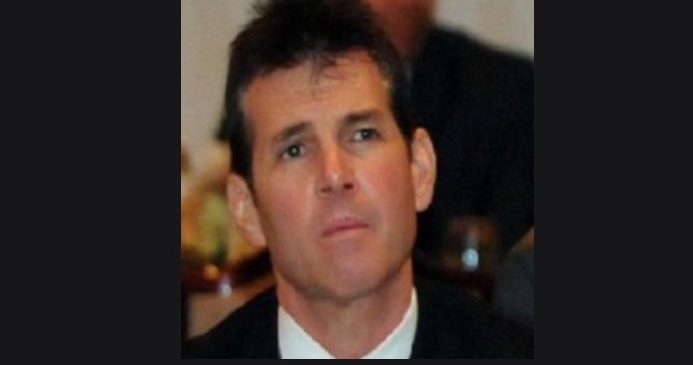
Law enforcement leaders in Pennsylvania are committed to continuing constructive changes that can make our criminal justice system fairer for all citizens.
Pennsylvania is one of the few states to pass meaningful reforms into law since George Floyd’s death. This is a considerable achievement. The legislation was supported by law enforcement leaders. The adoption and approval of well-intended and well-constructed legislation is crucial to strengthening our communities’ trust in law enforcement. It is imperative that these efforts reflect a balanced approach to addressing crime and making community safety our first priority. It is equally as critical that law enforcement leaders have a seat at the table as future reforms are discussed.
Professional law enforcement practitioners are advocates for best practices and standards. What are best practices, standards, and law enforcement accreditation? In Pennsylvania, accreditation is an established set of standards of performance, acknowledged business practices, and professionally recognized organizational principles that are mandated for the policing profession or organization. The Pennsylvania Accreditation program has existed since 2001. The Pennsylvania Accreditation process addresses 7 of the 8 tenants of the “Eight Can’t Wait” movement, inspired by former President Barack Obama. Standards and best practices are an instrument for elected officials and Pennsylvania’s law enforcement leaders to clarify the policies and practices in accordance with Pennsylvania law and community concerns. It also provides police officers clear guidelines – guidelines that are formalized into policy. What is currently expected of the police in some areas of the State has been confusing and, in some instances, impossible to know. Police policy may be incongruent with the language of our elected officials or prominent community leaders. Police policy may require a particular action, but that same action may run counter to the demands of a population segment or a vocal part of the community. Following policy in such instances may lead to a police officer being publicly maligned, terminated or even criminally prosecuted. Law enforcement, as subject matter experts and practitioners, must educate our elected officials and the public we serve on best practices and the current training standards that exist. Police officers need clear guidance. Transparency and accountability are fundamental to public trust.
Today, public safety officers in many parts of the Commonwealth are fatigued by the mixed messages they often receive from officials and the communities that they serve. Residents and business owners call the police for problems that plague their daily life—from loitering to noise complaints to intoxicated persons and neighborhood disputes. They turn to their local officers to “do something” about “quality of life issues.” Proactive enforcement intended to prevent and identify unlawful activity significantly increases the incidence of police contacts and, therefore, the likelihood of citations, arrests or use of force incidents that some have characterized as unreasonable or even shocking. It is perplexing that a portion of the public is blaming the police for an increase in crime and civil discord while at the same time blaming them for engaging in proactive policing that inevitably leads to more confrontation. History has shown us that in these conditions, total crime goes up, and police activity effectively decreases as interactions with the public are reduced. Ill-considered measures will often have unintended consequences.
In some of our Pennsylvania communities, protesters have decided to demonize the police. Rioters have decided to take advantage of the lawful and peaceful protests. Media coverage has not always put this tragedy in context. In Minneapolis, the police officers who arrested George Floyd must be held accountable for their excessive use of force and callous indifference to his distress. However, Floyd’s death should not undermine the legitimacy of law enforcement in Pennsylvania, without which we will continue a path of disorder and increased crime. We must target individual officers for wrongdoing rather than disparaging entire police departments and the policing profession. Law enforcement officers are the guardians of the public. “The police are the public and the public are the police.”
This a sentinel moment for Pennsylvanians. Best practices, policies, and standards (accreditation) and accountability is our goal. Courageous conversations need to occur. This is not a political issue; it is an issue of civility, common courtesy, and a respect for human dignity. Policing must evolve as our communities evolve. Change is both necessary and possible, but this must occur through the lens of truth and reality. This will require the commitment of all elements of our criminal justice system, social and mental health practitioners, members of the non-public sector, community leaders, and elected officials. Law enforcement officers take an oath to serve the public and safeguard our communities. It is imperative and critical that law enforcement leaders have a seat at the table as future reforms are discussed.
Scott L. Bohn
Executive Director
Pennsylvania Chiefs of Police Association
Disclaimer: The views and opinions expressed in this article are those of the author and do not necessarily reflect the views of exploreJeffersonPA.com.
Copyright © 2024 EYT Media Group, Inc. All rights reserved. Any copying, redistribution or retransmission of the contents of this service without the express written consent of EYT Media Group, Inc. is expressly prohibited.








